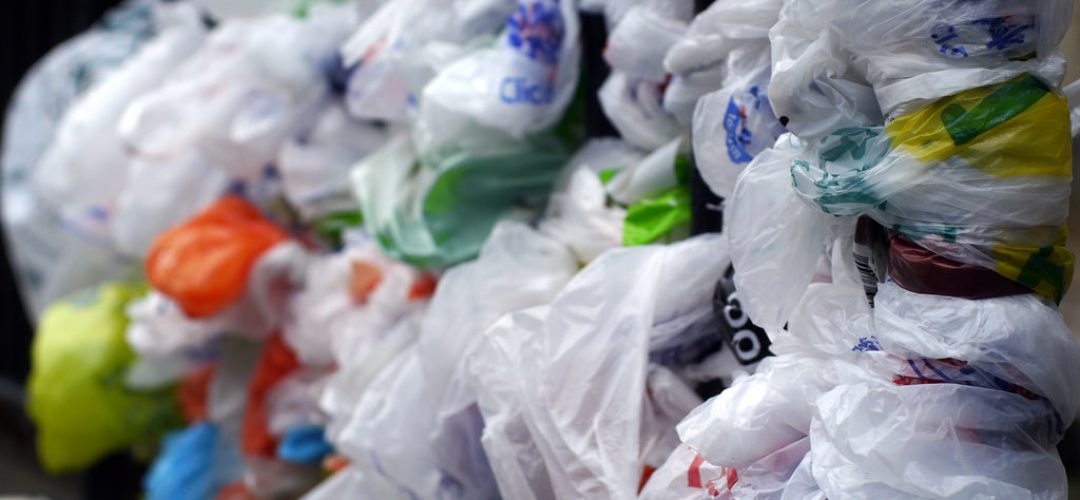Students push for ban on plastics

A 2015 study by a scientific working group at UC Santa Barbara’s National Center for Ecological Analysis and Synthesis (NCEAS) revealed that every year, eight million metric tons of plastic end up in our oceans. Picture: Flickr
By EMI KOROITANOA
STUDENTS at The University of the South Pacific in Suva are rallying their support behind the Government’s proposed ban on plastic bags rather than imposing an increase in plastic bag levies.
The move comes after Minister for Economy Aiyaz Sayed-Khaiyum, in his 2018-2019 National Budget address, said Government was working towards the complete ban on plastic bags in Fiji by 2020.
Final-year student Abigail Chong said the ban would go a long way to ensuring a sustainable and healthy environment for future generations.
“A complete ban on plastic bags would be great for the environment compared with the new plastic bag levy of 20c,” said Ms Chong, who is completing her studies in business administration.
“People would still have to pay to use plastic bags so increasing the levy to 20c would not eradicate the problems of using plastic bags.”
Law student Esther Mafili shared similar concerns saying the increase in levy for plastic bags would not make a difference because of the attitude of consumers.
“Just like all the increase in basic food items to transport fare tariffs, customers will get over the increase of 20 cents overnight,” Ms Mafili said.
“Complete ban is the way to go. The future deserves aggressive campaigning against plastic pollution.”
She said the campaign to eradicate the use of plastic bags must be determined, calculated and consistent.
“Consumers must protect marine life from plastic bag pollution as it is a common heritage that all Fijians share,” she said.
Meanwhile, Mr Sayed-Khaiyum said while Government had witnessed a reduction in the use of plastic bags, they could do better by increasing the levy.
He said they targeted 2020 to allow everyone ample time to phase out the use of plastics.
During World Environment Day celebrations in June this year, Minister for Environment Parveen Kumar urged Fijians to take ownership of the environment and actively pledge to protect the earth.
“Plastic bags are one of the modern conveniences that we seem unable to live without. To beat plastic pollution, we need to entirely rethink our approach to designing, producing and using plastic products,” he had said.
According to an article by Claire Le Guern titled “When the Mermaids Cry: The Great Plastic Tide” published on plastic-pollution.org, a 2015 study conducted by a scientific working group at UC Santa Barbara’s National Center for Ecological Analysis and Synthesis (NCEAS), quantified the input of plastic waste from land into the ocean.
“The results – every year, eight million metric tons of plastic end up in our oceans. It’s equivalent to five grocery bags filled with plastic for every foot of coastline in the world. In 2025, the annual input is estimated to be about twice greater, or 10 bags full of plastic per foot of coastline. So the cumulative input for 2025 would be nearly 20 times the 8 million metric tons estimate – 100 bags of plastic per foot of coastline in the world,” Ms Guern wrote.
Ms Guern, in her article, that the tremendous attraction to plastic, coupled with an undeniable behavioural propensity of increasingly over-consuming, discarding, littering and thus polluting, had become a combination of lethal nature.
* Emi Koroitanoa is a second-year journalism student at The University of the South Pacific.











No Comments
No comments yet. You should be kind and add one!